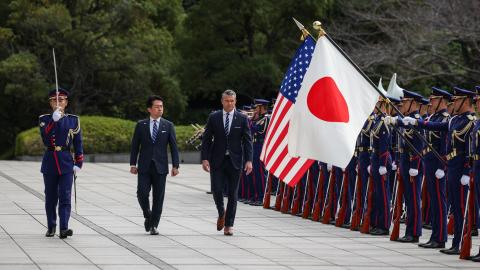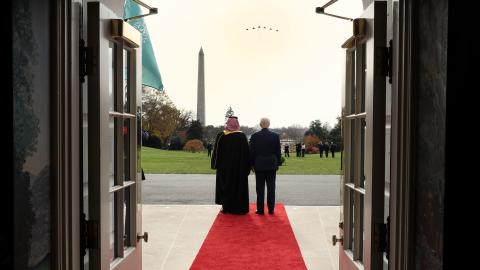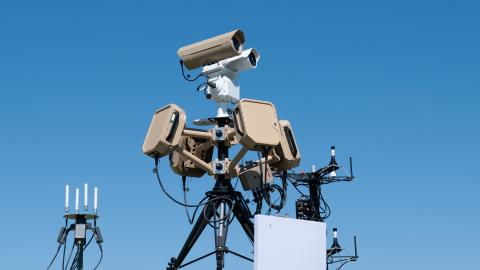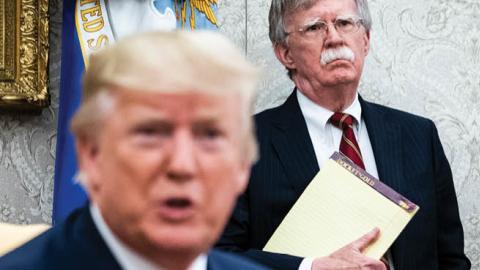Another week, another series of crises in the exhausting if not quite yet exhausted presidency of Donald Trump. Like a hurricane over dry land, the administration seems to be losing strength as it whirls and spins across unfavorable terrain. Because Mr. Trump’s power both at home and abroad is based more on the fears people have about the consequences of opposing him than on their agreement with his objectives or their admiration of his methods, his weakened political position has translated into diminished diplomatic authority.
The latest explosion in the world of Trump foreign policy is the publication of “The Room Where It Happened,” John Bolton’s 592-page memoir of his service as national security adviser. The book reminds readers how chaotic and controversial Mr. Trump’s tenure has been, but it also points to changes in global politics that will shape future American presidencies long after Mr. Trump leaves politics behind.
The portrait of Mr. Trump drawn by Mr. Bolton is a familiar figure: unconventional, undisciplined, undiplomatic, impulsive, ignorant, strong-willed, focused on personal and political interests, convinced of his intuitive genius, transactional and unscrupulous. Neither a neoconservative nor a liberal internationalist, he is as cynical as any of the foreign despots with whom he deals.
Read the full article in the Wall Street Journal

















